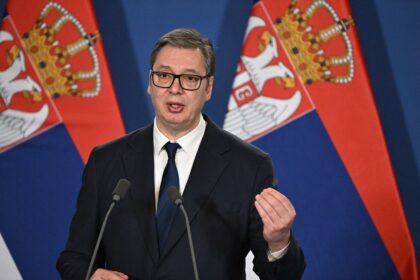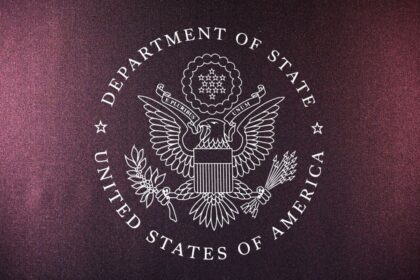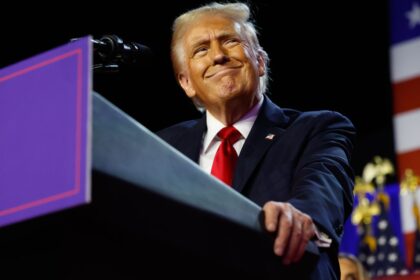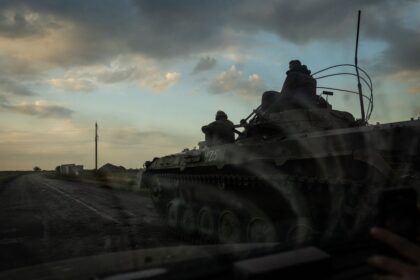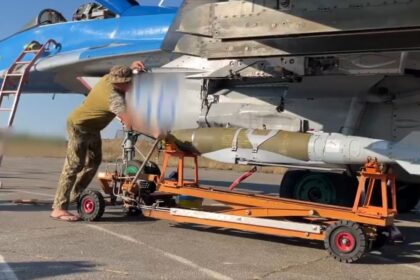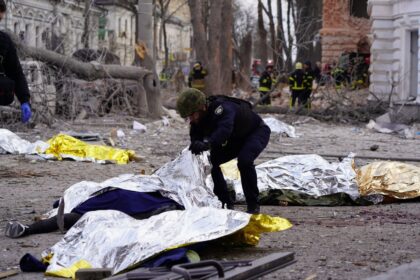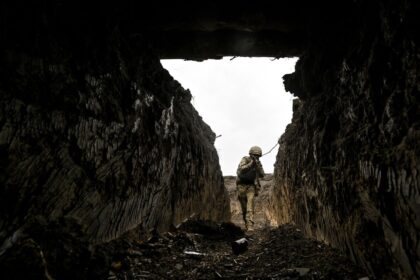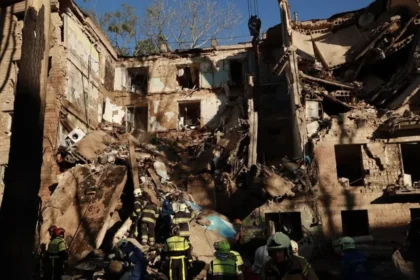**Ukraine Coalition Hits Snags as Troop Contributions Fall Short**
The ambitious proposal for a coalition of Western nations to secure Ukraine in the event of a peace agreement with Russia is being re-evaluated due to concerns over capacity, risk, and long-term stability. The plan, spearheaded by British Prime Minister Keir Starmer and French President Emmanuel Macron, aimed to create a multilateral force to protect Ukraine’s sovereignty, support military rebuilding, and deter future Russian aggression.
Initially, the coalition had envisioned a force of 64,000 troops from over 30 countries, with several nations reportedly ready to contribute troops. However, according to sources briefed on recent meetings in Brussels, multiple defense ministers have privately admitted that the bloc would struggle to provide even 25,000 troops in total. This is due to manpower and funding shortages, which have left officials questioning the feasibility of the original target.
“It’s no chance,” one official told The Times, highlighting the need for significant US involvement to make the coalition a reality. Estonia and Finland raised concerns about troop rotations, logistics, and border defenses, while Lithuania’s Defense Minister Dovile Sakaliene criticized the bloc’s limited commitment, saying it “looks weak.”
The UK and France have already scaled back their plans, moving from protecting Ukrainian cities, ports, and nuclear power plants to sending military trainers to western Ukraine. The original framework has been reconsidered in favor of a more limited and strategic presence.
**US Support Remains Unclear**
While the US has expressed openness to supporting the coalition through intelligence and logistics, it has not pledged troops. Starmer has pressed for stronger US commitments, warning that without them, the coalition’s deterrent value may not hold.
The challenges facing the coalition have significant implications for Ukraine’s security and the prospects of a lasting peace settlement with Russia. As Western nations reassess their contributions to the multilateral force, one thing is clear: the path ahead will be complex and fraught with uncertainty.
**What This Means**
The difficulties in assembling a coalition of willing countries to secure Ukraine reflect deeper issues with international cooperation and military preparedness. The challenges highlight the need for more effective communication, coordination, and resource allocation among Western nations.
Moreover, the hesitation from key players like Finland and Germany raises questions about the true commitment to this initiative. As tensions between Russia and Ukraine continue to simmer, the uncertain fate of this coalition serves as a stark reminder that peace and security in the region remain far from assured.
Read More @ kyivindependent.com





